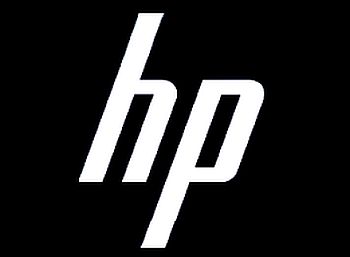HP Confirms It Will Axe 27,000 Jobs

Despite posting decent financials, HP has confirmed that it will axe 27,000 jobs in the face of weak demand
Hewlett-Packard is once again dominating news headlines, like in August 2011 when it announced it would cut its webOS division and Personal Systems Group, and buy Autonomy for $10 billion (£6.3bn).
The news this time was no less important, as the slumping IT products and services provider announced better-than-expected quarterly earnings.
Job Cuts
However it also confirmed plans to trim about 27,000 full-time jobs – or about 8 percent of its workforce of 349,600 – over the next two years.
The layoffs, when completed at the end of fiscal 2014, will mark the highest such number in the company’s 73-year history.
Many of those cuts – possibly 15,000 – will come at the company’s Texas-based HP Enterprise Services division, formerly known as Electronic Data Systems, or EDS.
HP bought EDS,  which was founded in 1962 by H. Ross Perot, for $13.9 billion (£8.8bn) in 2008. The Palo Alto, Calif.-based company said it expects to save as much as $3.5 billion (£2.2bn) per year from the job cuts and other internal fiscal measures.
which was founded in 1962 by H. Ross Perot, for $13.9 billion (£8.8bn) in 2008. The Palo Alto, Calif.-based company said it expects to save as much as $3.5 billion (£2.2bn) per year from the job cuts and other internal fiscal measures.
Decent Financials
Meanwhile, HP reported lower but better-than-expected second-quarter 2012 fiscal results, and its stock shares rose 11 percent in after-hours trading.
HP shares rose to $22.35 (£14.10) after hours, after closing down 3.2 percent at $21.08 (£13.30).
The company reported second-quarter net income of $1.59 billion/£1bn (80 cents a share), compared with $2.3 billion/£1.4bn ($1.05 a share) in the second quarter of 2011. Revenue of $30.69 billion (£19.37) was down 3 percent compared with the same period last year.
HP said shareholders earned 98 cents a share, compared with analysts’ average estimate of 91 cents, according to a group of Thomson Reuters analysts.
Weak Demand
CEO Meg Whitman said the company will invest cost savings from the cutbacks into developing more products and services that fit current IT trends, such as data mobility, big data storage and security, networking and data analytics.
“While some of these actions are difficult because they involve the loss of jobs, they are necessary to improve execution and to fund the long-term health of the company,” Whitman said on a conference call to analysts.
The Palo Alto, California-based company also revealed that it has replaced Autonomy founder and CEO Mike Lynch with HP’s chief strategy officer Bill Veghte, because Autonomy hasn’t been performing as well as had been expected.
Results from most of HP’s divisions were off. The Personal Systems Group, which makes PCs of many types, reported flat sales. HP’s printing group, which is being merged with the PSG, saw sales fall 10 percent due to weak consumer and corporate demand.
Sales of enterprise servers, storage and networking equipment dropped 6 percent from a year ago. “We continue to face a weak overall demand environment,” Whitman said.
How much do you know about cloud computing? Try our quiz!